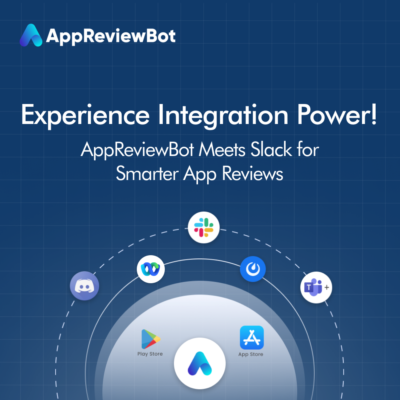The no-code/low-code movement promises to democratize data. Allowing non-tech types to create apps and websites without having to code opens up more development opportunities for businesses. Just drag and drop elements where you want, visualize what your app will look like, and let the software do the heavy lifting.
In fact, no-code apps are so easy and efficient that 37 of the top 50 e-commerce apps in the app store are hybrid apps — which use low-code technologies to turn existing websites into full-featured apps.
No-code tools increase the number of people that can develop apps, decreases time to market, and provides greater flexibility. And in turn, no-code creates a legion of “citizen developers” to expand the business intelligence — at least that’s the promise. So, will the no-code movement make developers obsolete? In a word, no. What no code does is free up developers to work on higher-value projects.
In fact, the U.S. Bureau of Labor Statistics predicts 22% job growth over the next decade — exceeding the job growth rate of any other occupation. The number of available jobs for developers is expected to grow by a quarter-million new openings over the next few years.
No code platforms still require programming
No-code uses predefined modules to create data relationships. However, somebody has to make the modules. In other words, developers are developing the no-code apps that empower citizen developers.
How often do you find that the software you buy off the shelf works precisely how you need it to without customization? Businesses will still need developers, and IT teams, to tweak the code and customize apps for unique business applications.
Although no-code platforms have become more sophisticated, they are not necessarily a cure-all. With increased emphasis on Big Data and predictive analysis, companies require custom applications to create the business intelligence that leads to a competitive advantage.
Excel didn’t kill the need for accountants. It simply freed them up to focus less on basic math skills and work more on higher-level analysis. Photoshop brought image design to the masses, but it still requires a skilled designer to create great art. Low code and no code lets citizen developer color effectively inside the lines. As we’ve learned, however, sometimes the best insights come when you work outside of the lines. That’s where developers live and excel.
Navigating the complexities
While no-code applications allow nearly anyone can create an app and new efficiencies, citizen developers will not navigate the intricacies and relationships required for complex interactions. When more people can develop apps, they are more likely to notice the shortcomings or experience the frustration of not fully optimizing what they create.
Meanwhile, the current generation of no-code platforms also specializes in particular niches. Some work well for e-commerce; others focus on business intelligence and back-office functions. You can even create games! However, if you want these disparate elements to work together, it often takes a software engineer to design the solution.
Increase in specialization
As no code/low code becomes more common, developers will likely start specializing. Rather than being a jack-of-all-trades, smart developers will benefit by becoming experts at the in-demand skills, such as AI, machine learning, and robotic process automation (RPA).
The rise of citizen coders and complex automation will increase the demand for their specialized skills — developers just need to be prepared for the change.





 0
0



